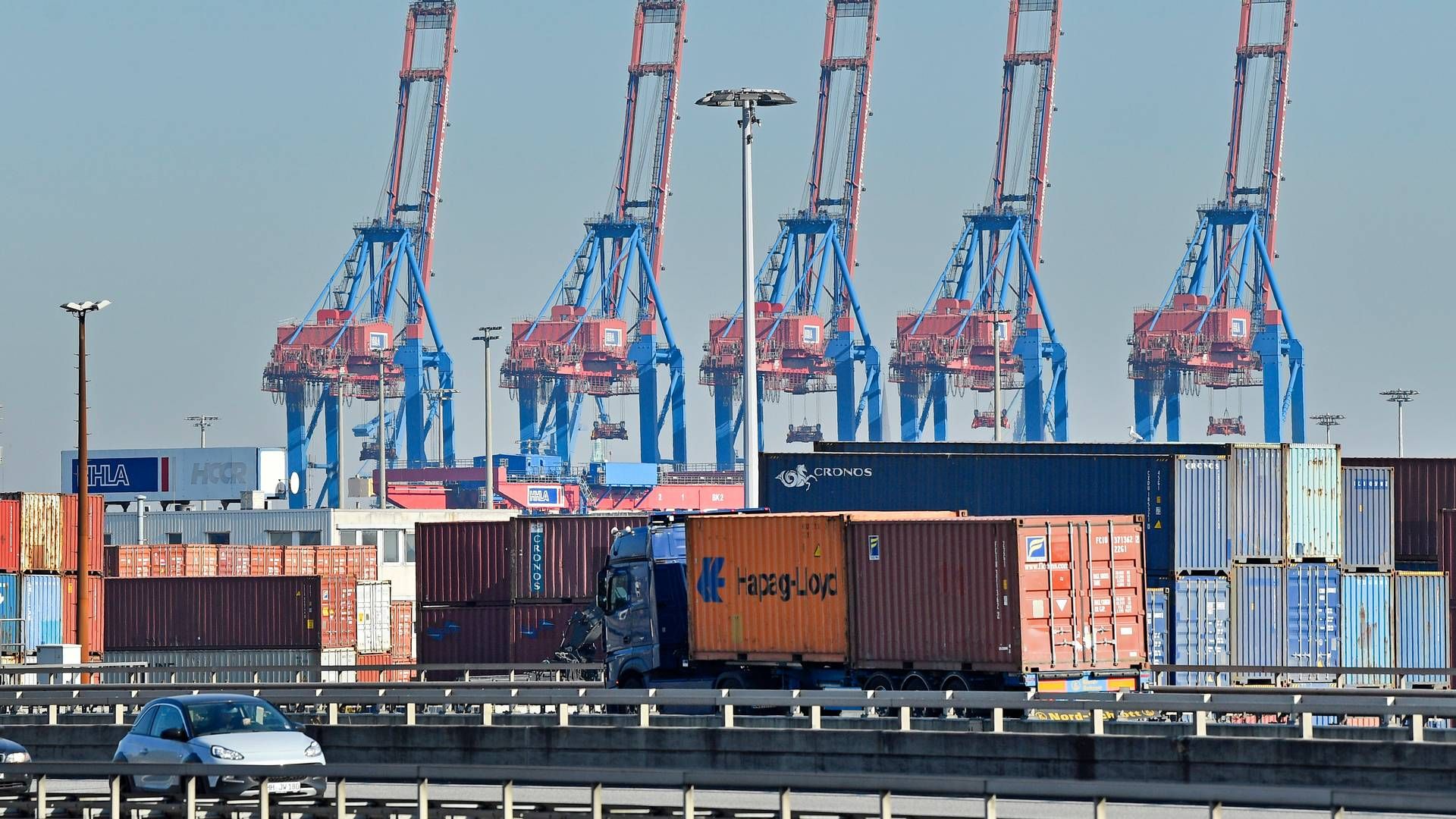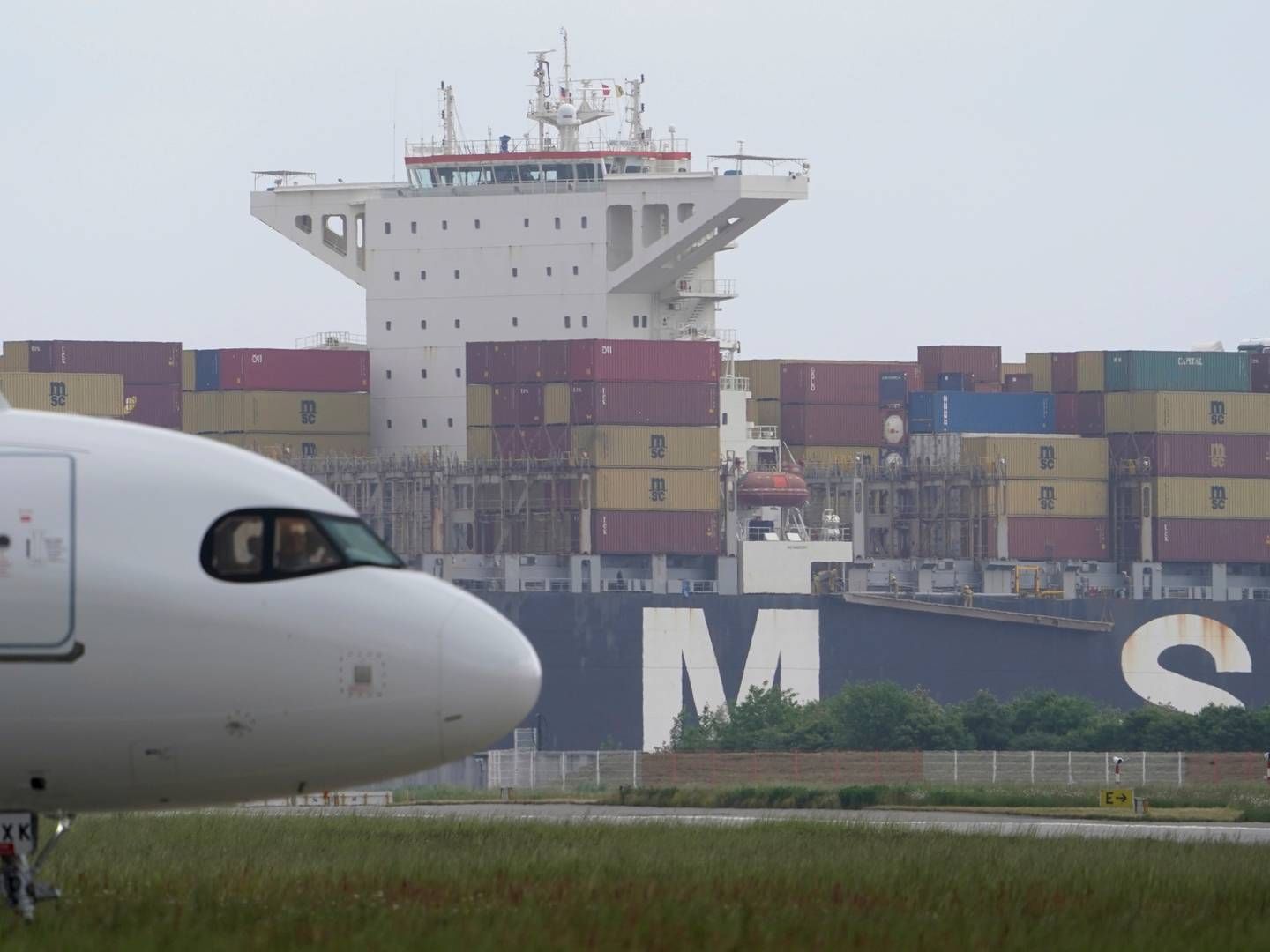Driver shortage is a serious challenge for European logistics

Going green and combating social dumping are high on the to-do list of Europe’s logistics companies, but a practical problem hangs over the sector like a dark cloud: an acute shortage of drivers.
In a joint ”manifesto” to the upcoming members of the European Parliament who will be elected later this year, three major European logistics organizations - German Bundesverband Güterkraftverkehr, Logistik und Entsorgung (BGL), Nordic Logistics Association (NLA) and French Fédération Nationale des Transports Routier (FNTR) - call on European politicians to work towards better conditions for the sector.
According to a press release from the three organizations, there were 233,000 unfilled vacancies for logistics drivers last year, and by 2028, the industry expects the number of available driver jobs to grow to 745,000.
”Therefore, the quality of jobs must increase to attract a more diverse workforce,” the statement says, citing that a third of drivers in Europe are over 55.
The average age today is 47 years.
The three organizations are calling for better driver training and more effective enforcement of the logistics sector’s existing regulation, the Mobility Package, and coordinated action against social dumping - especially in light of the expected EU enlargement in the coming years.
”Next to fighting social dumping and succeeding with the Green Deal, driver shortage will be the predominant challenge for our companies in the coming decade,” says Dirk Engelhardt, CEO of BGL, in the release.
BGL, NLA and FNTR together represent 25,000 logistics companies in Europe.
Translated using DeepL with additional editing by Kristoffer Grønbæk



















